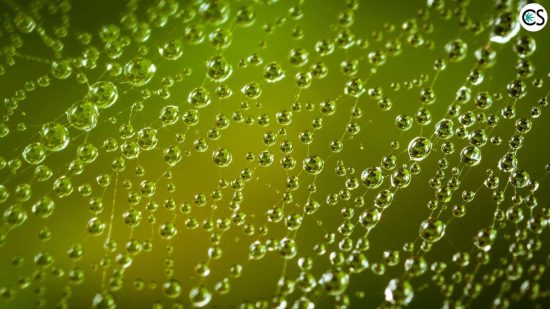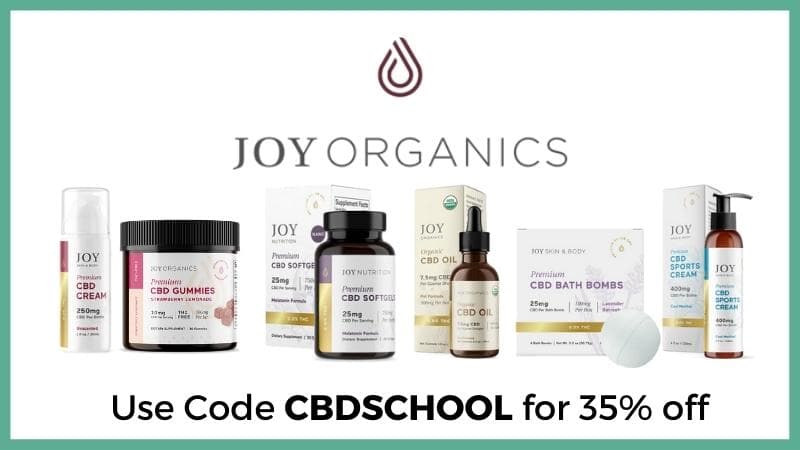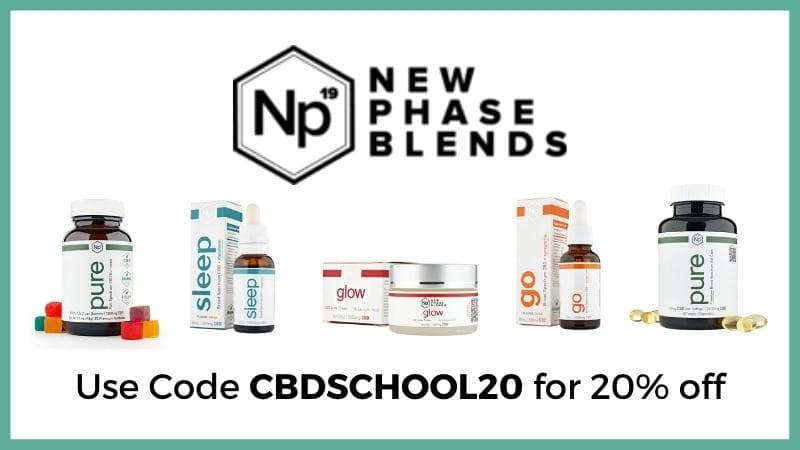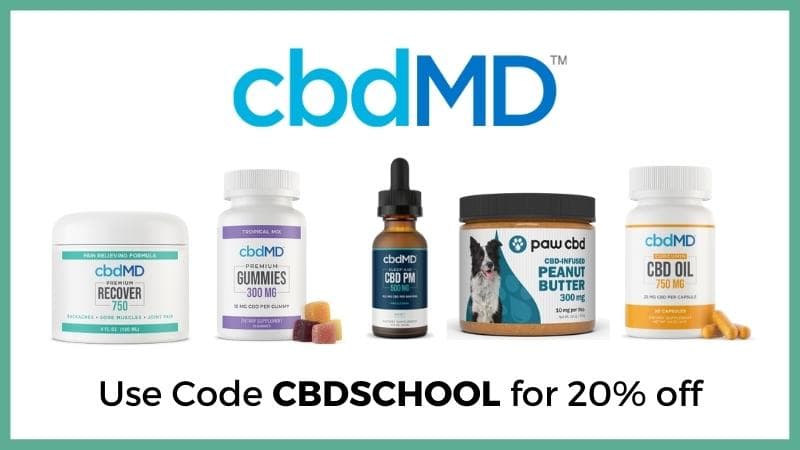The modern cannabis world is much different than it was in the past. Take CBD, for instance.
Ten years ago, virtually no one had heard about the non-psychoactive cannabinoid…and now it’s projected to be a market worth $22 billion by 2020.
Administration methods—delivery methods—of CBD have been evolving just about as rapidly as the industry itself.
Where CBD tinctures once ruled, there are now more ways to take CBD than ever before. Edibles are one popular option, with CBD-infused drink options increasing every day.
Experts believe that the CBD beverage market alone could be around $260 million by 2022, leading to increased interest (and production) of water- soluble CBD.
Never heard of it? No problem.
We’re here to offer everything you need and might want to know about water -soluble CBD, as well as how it might benefit you personally.
Water -soluble CBD, THC, and other cannabinoids could just change the cannabis industry completely. Let’s look at why.
What is Water-Soluble CBD?
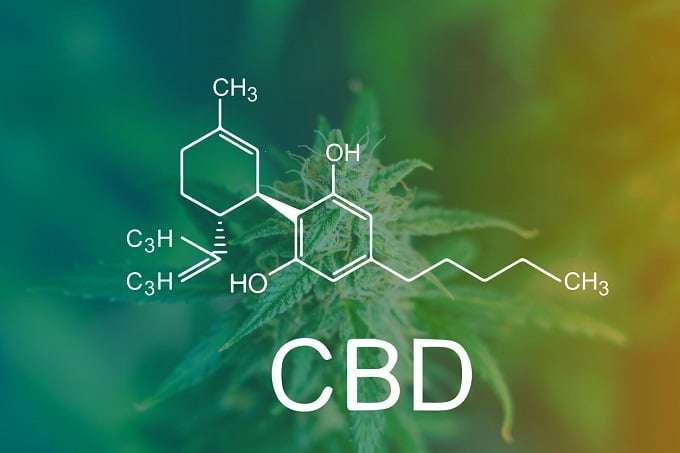
You’ve likely heard the expression that “oil and water don’t mix.”
CBD oil is no exception, which is something that’s led to the development of a water-soluble CBD option.
CBD tinctures are popular because they work so quickly and effectively. Simply hold the CBD oil under your tongue (sublingually) for 1-3 minutes, and it is absorbed by the mucous membranes of the mouth, where it then makes its way into the bloodstream.
Taking CBD oil sublingually (rather than just swallowing it) allows for one of the quickest delivery methods because it doesn’t have to pass through the digestive tract and liver before reaching the bloodstream.
Some Basic Chemistry Concepts to Explain Water-Soluble CBD
There are two types of substances when it comes to dissolving in water—hydrophobic (literally, water-fearing) and hydrophilic (water-loving). Well—three types, really. The third type is called amphipathic—these substances have both hydrophilic and hydrophobic components—and have partial water solubility. Hydrophobic substances (like oils) do not dissolve in water while hydrophilic substances (like table sugar or salt) will dissolve in water.
The membranes of cells are made up of phospholipids which are amphipathic. They form what is called a lipid bilayer, with the water-hating parts pointing inward and the water-loving parts facing outward. Why bring up cell membranes? Well—any substance that can have an effect on the body first has to enter into cells—and that means that these substances have to cross the lipid bilayer.
Bioavailability is defined as: “the degree and rate of which a substance (such as a drug) is absorbed into a living system or is made available at the site of interaction.”
Substances that are hydrophilic will easily pass through the lipid bilayer. Substances that are more hydrophobic (like CBD) will pass through the lipid bilayer, but more slowly and less efficiently, decreasing its bioavailability. The more hydrophobic, the harder it is for the substance to cross the cellular lipid bilayer and the lower its bioavailability—and CBD is plenty hydrophobic!1
Research shows that in cases of oral administration (as in swallowing CBD oils, CBD gelcaps, CBD-infused drinks and edibles), the bioavailability of CBD could be as little as 4%, meaning that up to 96% of the CBD you initially took ends up being flushed from the body without offering any effect at all.1 This is one reason it is recommended that you keep a dose of CBD oil under the tongue to get the most of every drop—the mucus tissue under the tongue allows for greater absorption and greater bioavailability.1
Oral administration of CBD is also known to have a longer onset, meaning it can longer to feel the effects than other methods of administration.
Low-bioavailability rates have led to the development of water-soluble CBD…a development that some speculate will be game-changing for the entire cannabis industry.
Water- soluble CBD ensures that your body is absorbing as much of the non-psychoactive cannabinoid as possible.
How is Water- Soluble CBD Made?
Water- soluble CBD is made using a process known as nanotechnology.2
In simple terms, nanotechnology uses soundwaves that break down CBD clusters into micro-sized particles. These particles are smaller than 100 nanometers. How small exactly is a nanometer? It’s one-billionth of a meter, which is one-millionth of a millimeter, which is just about the size of the diameter of the lead in a wooden pencil.
Broken down into these tiny particles, CBD then is usually encapsulated within a thin layer of lipid and becomes much more water- soluble. Bioavailability is increased not only because the CBD is now in a water-soluble form, but also because the surface area of the sum of all the particles has increased, and this increases the chances that the CBD will be absorbed by cells throughout the body.2
What are the Benefits of Water- Soluble CBD?
Water- soluble CBD is more efficient than other methods of delivery because the process dramatically increases CBD bioavailability.
This efficiency not only means that more CBD is available, but also that it can be more affordable for the consumer overall because you will likely simply not need as much to get the desired effect.
Water -soluble CBD is beneficial for several other reasons. Some of these include:
- An increase in the types and numbers of CBD-infused beverages in the market
- An increase in CBD-infused edibles in the market
- The ability for consumers to measure a consistent dose with each use, adding a known amount of water-soluble CBD to their own choice of beverage or edible. This can be an easy way to take CBD with endless possibilities for its addition to drinks and foods
What Water-Soluble CBD Companies Have to Say
Who are the companies making water -soluble CBD, and what do they have to say about this revolutionary new CBD product?
Kazmira, one of the world’s largest CBD wholesalers and manufacturers, is one company that produces water -soluble CBD.
The Colorado farm they source their CBD from uses organic growing practices and all their products are third-party tested for quality assurance.
What makes their water-soluble CBD products different? For one, they don’t use oil-based emulsifiers.
While some companies use surfactants or emulsifiers like lecithin or polysorbate, or liposomes that include micelles or phospholipids, Kazmira does not.
Could Water- Soluble CBD And THC Change the Entire Cannabis Market?
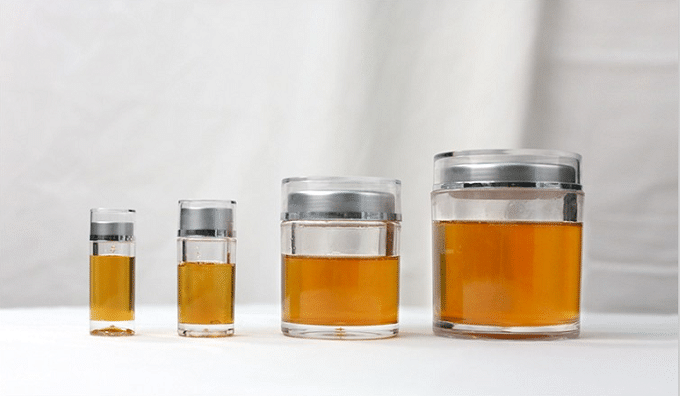
Maybe…
There are some that speculate water- soluble CBD, THC, and other cannabinoids could completely change the cannabis market.
There aren’t many water- soluble CBD or THC products on the market yet. But some manufacturers of water -soluble CBD see it as a facet of the industry poised to make serious headlines.
Cannabis Business Times recently spoke with Ronan Levy, chief strategy officer at Trait Biosciences, an emerging biotech company in the water- soluble CBD industry.
“I’m one of the believers,” said Levy, “that the biggest opportunity in cannabis is to displace alcohol, but to provide cannabis consumption in a way that our entire society is used to, which is sitting down with a bottle or a glass and drinking and socializing.
If you do that with cannabis and not have hangovers and not have those terrible health effects…it’s going to be a natural displacement for alcohol.”
Levy says that most cannabis beverages you can currently purchase in the US have a natural occurrence of separation as water and oil don’t mix.
Since you have to shake the drink or use crystalline forms, it doesn’t make for the best beverage experience as say, vodka or a cold beer. Having to shake a beverage, Levy says, isn’t the most ideal…or quality design.
When asked about his outlook for the water- soluble CBD market, Levy had the following to say:
“Someone described it to me the other day, and I think it was appropriate.
The guy I was speaking to was instrumental in developing gluten-free foods in Canada, and he said version one gluten-free foods, they were by and large, pretty bad.
They didn’t taste good, they had terrible texture, but if you had Celiac’ s Disease, it gave you an option.
But with time, technology, investment and more people flooding into the market of gluten-free foods, the quality of gluten-free foods has increased substantially and now the gluten-free breads are comparable with other breads.
“The cannabis industry is the same way.
There are drinks out there that people are consuming because they like the format, but they don’t taste very good, they have an unpredictable effect, and I think the first line of products coming out are probably going to be bad to OK.
But with time, investment and technologies that address a lot of the fundamental issues around the existing technologies that make mediocre drinks, you’re going to see the quality of beverages improve.
“My instinct from a market perspective is people who are just trying to throw cannabinoids into existing products like the alcohol-less wine and add cannabinoids instead, I don’t think that’s the direction.
I think there’s going to be a unique category of cannabis beverages that are distinct from the existing categories of alcohol beverages, such that you have wine, vodka, tequila and then there’s going to be a category of cannabis beverages that aren’t exactly any of those.
I think it’s going to be its own category, like tequila is different than vodka.”
Final Thoughts
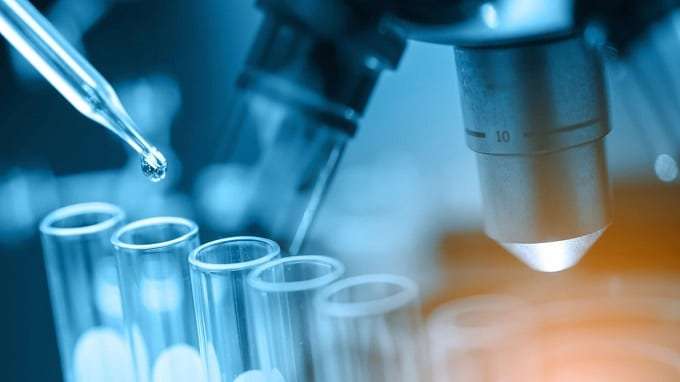
Will water -soluble CBD and THC make this significant of an impact in the legal cannabis marketplace?
It definitely could. Other methods of ingestion have only gotten more popular as time goes on.
Why wouldn’t a water -soluble option that offers increased convenience and faster delivery using less CBD become just as popular (if not more) than other methods of administration?
Imagine being able to scoop a precisely measured dose of CBD into any beverage, have it work quicker than other methods of administration, and receive more bioavailable milligrams with each dose than you normally would with other methods.
Not only does water-soluble CBD open up a world of options, but you also get more bang for your buck.
While time will tell how well water- soluble CBD and THC are accepted by the modern-day cannabis consumer, we have a feeling it’s something that’s likely to catch on quickly.
references
1Huestis MA. Human cannabinoid pharmacokinetics. Chem Biodivers. 2007 Aug;4(8):1770-804. doi: 10.1002/cbdv.200790152. PMID: 17712819; PMCID: PMC2689518.
2Saini R, Saini S, Sharma S. Nanotechnology: the future medicine. J Cutan Aesthet Surg. 2010 Jan;3(1):32-3. doi: 10.4103/0974-2077.63301. PMID: 20606992; PMCID: PMC2890134.
